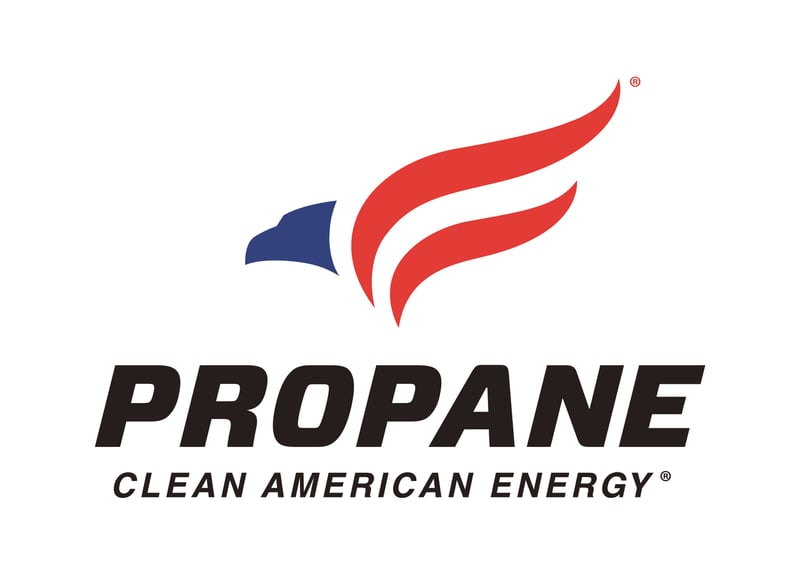
Invest in employees this Supply Chain Professionals Appreciation Day
Supply chain professionals are facing many challenges right now—labor shortages, rising energy costs, and increased demand, just to name a few. Supply Chain Professionals Appreciation Day is an ideal time to remind warehouses and distribution centers that choosing more efficient, reliable equipment can have a big impact on their employees’ morale and productivity over time.
“We want to thank the people who are working hard to keep our supply chains moving,” said Joseph Calhoun, director of off-road business development for the Propane Education & Research Council (PERC). “No doubt, it’s a tough time for them, and simply switching to propane-powered equipment is one way to help. For example, propane-powered forklifts offer versatility and consistent power, giving supply chain professionals many advantages that can make their jobs easier while increasing productivity.”
Propane-powered forklifts offer 100 percent, reliable, consistent power during operation. One propane cylinder can last an entire eight-hour shift which reduces downtime and allows forklift operators to use their working time more efficiently. According to PERC, propane forklifts can push heavy loads at full capacity longer and at more consistent travel speeds compared with other types of forklifts.
A PERC survey revealed that most forklift users operate their equipment both indoors and outdoors. Diesel forklifts can’t be safely used indoors due to their higher emissions profile, but propane forklifts run cleaner with lower emissions, making it possible to run them both inside and outside. And because propane can be used indoors and outdoors, it further simplifies the job for the worker by being able to seamlessly transition between spaces without needing to swap equipment.
Other options, like electric forklifts, often can’t bring the power needed for larger jobs. Propane-fueled forklifts maximize productivity, especially for multi-shift operations, because they require less time to refuel than the time needed to recharge electric forklift batteries. Plus, propane-fueled forklifts can typically operate for a full eight-hour shift on one tank fill, whereas electric forklift operators may need to switch out the battery during a shift. Additionally, the purchase price of an electric forklift is 30 percent higher than that of a propane-powered one. Electric forklifts often require the costly installation of battery charging stations, which must be in a designated area of the facility. It’s important to note that charging stations may cause issues in some facilities and require costly service upgrades to accommodate the new power requirements. With propane forklifts, however, infrastructure requirements are minimal and facility managers can easily work with their propane supplier on the best location for their cylinder cage.
“Propane makes the job of a supply chain professional easier,” Calhoun said. “Companies that invest in propane-powered forklifts are also investing in their employees, and that’s something that shows how much you value your crew not just on Supply Chain Professionals Appreciation Day, but all year long.”









